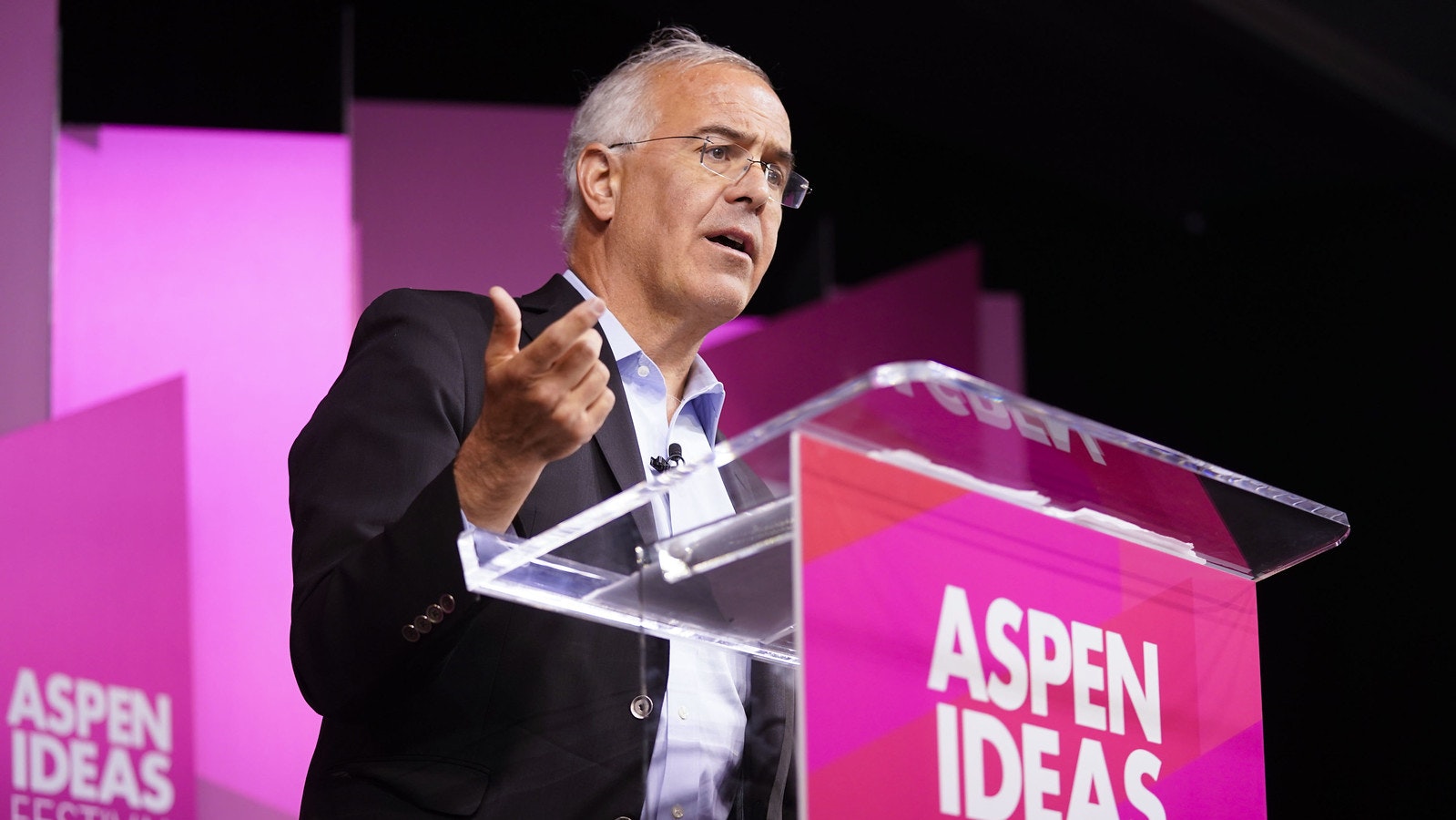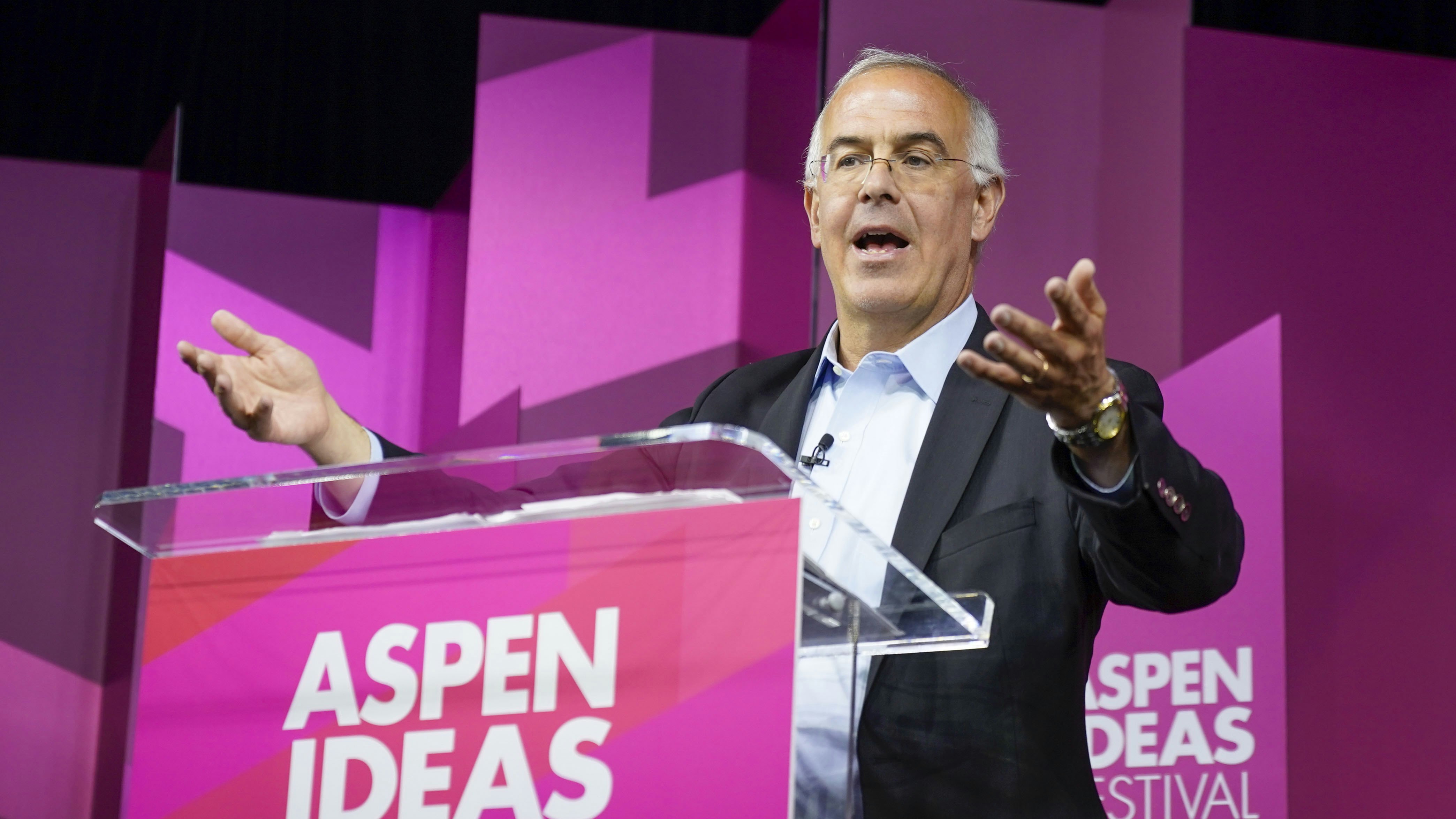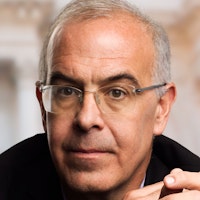
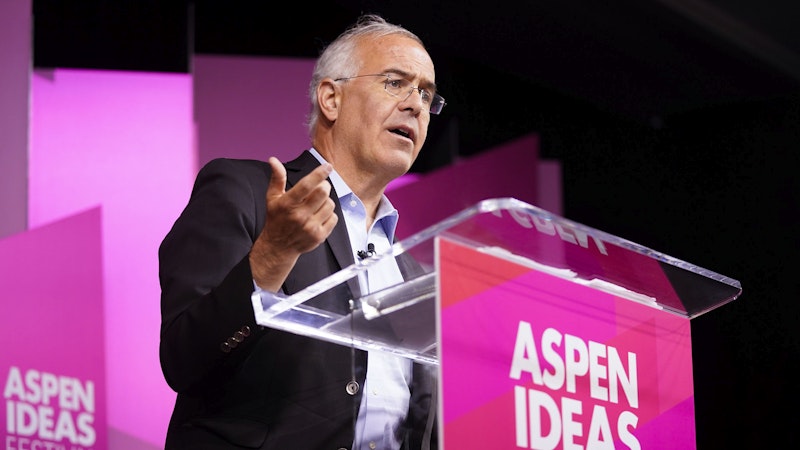
The Second Mountain: The Quest for a Moral Life
Setup
During a personal low point of loneliness and pain, David Brooks wanted to write his way to a better life. For five years, he did just that, researching and writing about people who’ve lived joyous and committed lives, exploring the wisdom they offer on finding purpose and living well. The result is his latest book, The Second Mountain: The Quest for a Moral Life. Brooks shares what he learned: how to fall in love with things, serve those things, and what happens when we put commitment-making at the center of our lives.
Speakers
The first mountain: hollow success
The meritocracy reigns supreme in our society, claims New York Times columnist David Brooks. Starting at a young age, Brooks says we teach our children to follow an ethos that defines who we are by what we achieve. But underlying the meritocracy is a foundation of lies:
The crux of these lies rests on the belief that life is an isolated journey — you are what you accomplish, that you alone can make yourself happy, and that your worth derives from your skills. This is how we unthinkingly climb what Brooks calls the first mountain of our lives. We strive for success in the meritocracy, but in doing so we rob ourselves of spiritual and communal growth.
The valley between: disconnection
Because meritocracy’s fundamental unit is the individual, David Brooks says that when people fall off their first mountain they tend to do it alone. People are so focused on their personal successes that they neglect the relationships with friends, family, and neighbors. They lose the connectivity that creates resilience in the face of adversity.
Did you know?
This is the crisis facing society today, says Brooks. Depression, suicide, and addiction are all on the rise despite a growing economy and increasing standards of living. We all need to do a better job of taking care of each other’s mental and spiritual well-being, and Brooks says that this challenge starts with individual journeys.
The second mountain: hope through community
“You can’t climb your way out of the valley,” says David Brooks, “someone has to reach down and help you out.” Our individual salvation comes from community, not doubling down on the individualism that got us in the valley in the first place. The journey up our second mountain, then, isn’t a solitary one. And at the top of that mountain, we let go of ourselves and seek a more fulfilled life.
Learn More
Additional Information
Resources
The Second Mountain: the Quest For A Moral Life by David Brooks
Explore More
Society

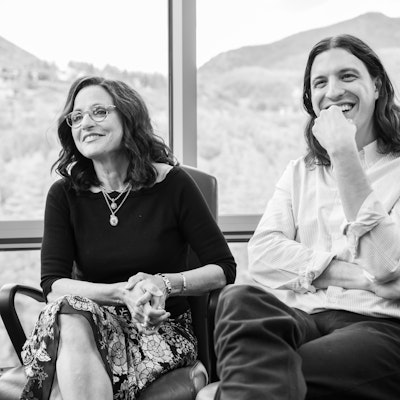
Julia Louis-Dreyfus has kept us laughing for years in her roles as Elaine Benes in “Seinfeld” and Selina Meyer in “Veep.” But her most recent work has her shifting from comedy...


Living as a trans person in America comes with its share of challenges, which are sometimes even life-threatening. But some say it can also open up access to incredible freedo...


It’s a tough time to try and express the complexity of life honestly. Writer Chimamanda Ngozi Adichie doesn’t shy away from truth-telling and believes we should all step up an...

Global conflicts and health crises have put into stark relief deeply-ingrained gender roles in society. Yet the past years have also seen record-high numbers of women running...


Creativity is as intrinsic to our species as any of our basic instincts, says Debbie Millman, designer and curator. But for millions of people in the United States, the abilit...


The entertainment industry has had to pivot and refresh time and again to adapt to constant changes in format, business models and attention spans. Somehow, producer Brian Gra...

The people in our lives shape who we are. But great relationships don’t just happen — they take care, intention, and ongoing effort. How do you know when to let go, adjust exp...


Advances in medicine and healthy living mean that more and more people will live to be 100. But just because their bodies can last doesn’t mean their bank accounts will keep u...
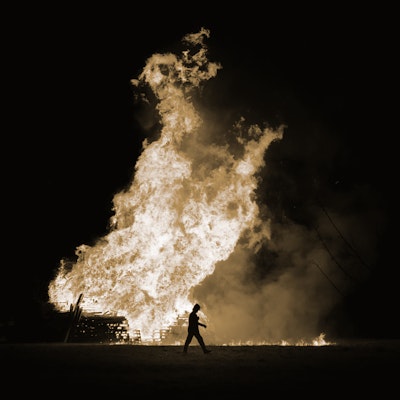

In the early days of cable television, there wasn’t a single network aimed at Black audiences. Sheila Johnson and her husband at the time saw an opening, and put all their hop...


Owning a professional sports team is not for the faint of heart. Results are volatile and wins and losses come with the strong emotions of a city’s fan base. But it’s a sound...


Looking around and experiencing the suffering and injustice in the world can make it difficult to believe that happiness exists. But the Judeo-Christian tradition teaches that...


Millions of children across America don’t have art classes in school and don’t grow up going to art museums and galleries. They might be hours away from the closest museum, or...


This episode is from the 2022 Aspen Ideas Festival, but we’re bringing it back because it’s still as relevant as ever. Though it can sometimes feel like conflict and discord i...

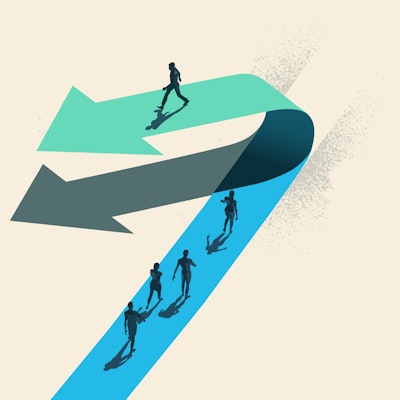
Sir Ken Robinson believed that as a society, we tragically underestimate and underutilize human ability. We create linear systems for our minds modeled on industry and manufac...


Young people in America are struggling. The causes are varied and may not be entirely clear, but the results are unfortunately unmistakable. Many of our youth feel lonely, iso...

October is National Book Month, and we’re celebrating by looking back at some of our favorite conversations about reading and writing from the Aspen Ideas Festival and Aspen I...

New York Times columnist and bestselling author David Brooks is known for bringing his thoughtful reflections on politics and culture, but at this year’s Aspen Ideas Festival,...

Jump in by watching our 15 most popular talks of all time. From black holes to jazz and civil rights to psychology hacks, we've collected the talks that remain audience favori...

Finding the national and global headlines understandably bleak lately? Whether you need mental distraction or stimulation, engross yourself in compelling topics and get a gli...

Today's kids are coming of age against a backdrop of political, social, technological and economic upheaval. While these circumstances are shaping a precocious generation that...


